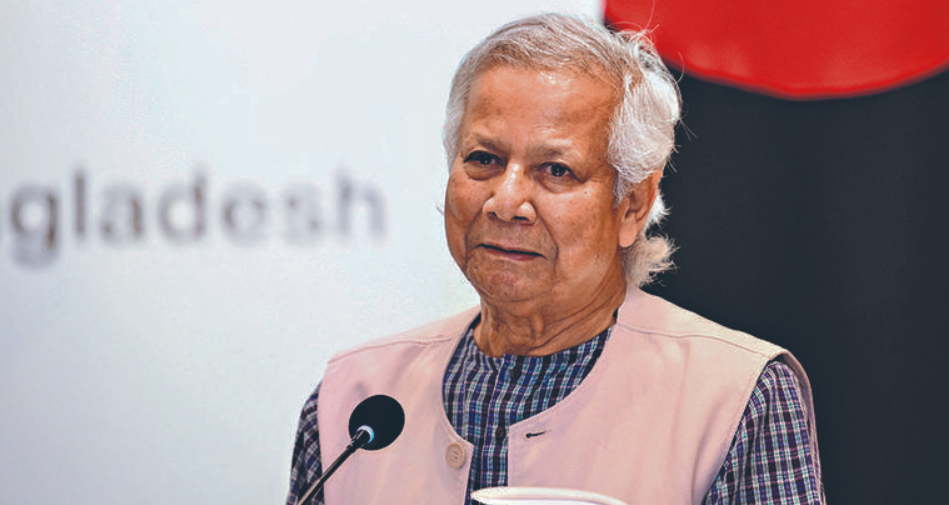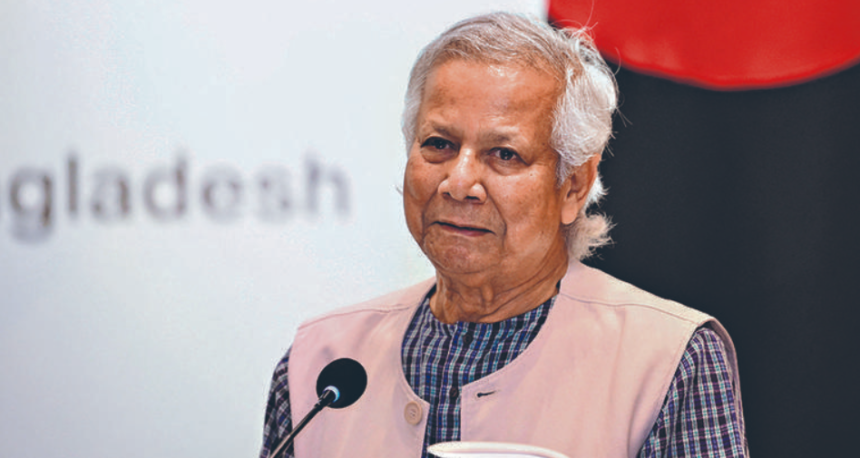In recent remarks, Yunus has emphasized the necessity of implementing reforms ahead of upcoming elections, a statement that has sparked significant discourse within political circles and among the electorate. However, his refusal to provide a specific time frame for these reforms has raised questions about the sincerity and feasibility of the proposed changes. This blog will explore the implications of Yunus’s statements, the political landscape surrounding the elections, and the broader context of accountability and reform in governance.
The Political Context: Understanding the Current Landscape
As elections approach, the political atmosphere often becomes charged with promises of reform and change. Voters are increasingly demanding transparency, accountability, and effective governance from their leaders. Yunus’s call for reforms is a response to this growing sentiment, reflecting the recognition of widespread discontent among the populace regarding the status quo.
- Historical Background: The political landscape in the region has been marked by a series of challenges, including corruption, economic instability, and a lack of trust in political institutions. Previous governments have faced backlash for failing to deliver on promises, leading to a more discerning electorate.
- Current Demands: Citizens are advocating for reforms that address key issues such as electoral integrity, public service delivery, and economic equity. The upcoming elections present a critical opportunity for leaders to address these concerns and regain public trust.
Yunus’s Call for Reforms: Key Areas of Focus
While Yunus has emphasized the importance of reforms, he has not specified which areas he believes require immediate attention. However, based on common political themes, several key areas can be identified where reforms are likely necessary:
- Electoral Reforms: Ensuring free and fair elections is a cornerstone of democracy. Reforms may include updating voter registration processes, enhancing the independence of electoral commissions, and implementing measures to prevent electoral fraud.
- Anti-Corruption Measures: Corruption remains a significant barrier to effective governance. Strengthening anti-corruption frameworks, promoting transparency in government spending, and holding public officials accountable are critical steps in restoring public confidence.
- Economic Reforms: Addressing economic disparities and promoting inclusive growth are essential for fostering social stability. Reforms may focus on job creation, improving access to education and healthcare, and supporting small and medium-sized enterprises (SMEs).
- Public Service Delivery: Improving the efficiency and effectiveness of public services is vital for citizen satisfaction. Reforms may involve streamlining bureaucratic processes, enhancing service delivery mechanisms, and ensuring equitable access to essential services.
The Challenge of Timeframes: Implications for Credibility
Yunus’s refusal to provide a specific time frame for implementing reforms raises critical questions about accountability and credibility. Without a clear timeline, stakeholders may perceive the call for reforms as vague or insincere. Key implications include:
- Erosion of Trust: Citizens are likely to be skeptical of political promises if they are not accompanied by a realistic timeline. This skepticism can further erode trust in political institutions and leaders.
- Political Expediency: The absence of a timeline may lead to accusations of political expediency, with critics suggesting that leaders are using calls for reform as a tactic to gain electoral favor without a genuine commitment to change.
- Pressure from the Electorate: As elections draw nearer, the pressure on political leaders to deliver tangible results will intensify. Without a timeline, Yunus may face increased scrutiny from voters demanding accountability.
The Role of Political Accountability
The Yunus call for reforms is intrinsically linked to the broader concept of political accountability. For reforms to be effective and meaningful, leaders must demonstrate a commitment to accountability at all levels of governance. 
- Engaging Stakeholders: Political leaders should actively engage with civil society, opposition parties, and the electorate to develop a comprehensive reform agenda. This engagement can help ensure that reforms are aligned with the needs and priorities of the public.
- Monitoring and Evaluation: Establishing mechanisms for monitoring and evaluating the implementation of reforms is crucial. Transparency in reporting progress can help build trust and demonstrate accountability.
- Building Public Awareness: Informing citizens about the proposed reforms, their significance, and the expected outcomes can foster public support and engagement. This awareness can empower citizens to hold their leaders accountable.
Conclusion: The Path Forward
Yunus’s call for reforms before the polls is a crucial step toward addressing the pressing challenges facing the political landscape. However, the lack of a specific time frame raises concerns about the sincerity and feasibility of these reforms. As the electoral process unfolds, it will be imperative for political leaders to engage meaningfully with the electorate, build trust, and demonstrate a commitment to accountability.
For voters, the upcoming elections represent an opportunity to voice their demands for reform and change. It is essential for citizens to remain vigilant, actively participate in the political process, and hold their leaders accountable for delivering on their promises. Only through a collective commitment to reform and accountability can a more just and equitable political landscape be achieved. ALSO READ:-Stocks Snap Six-Day Stumbling Streak: Sensex and Nifty Surge 2024





